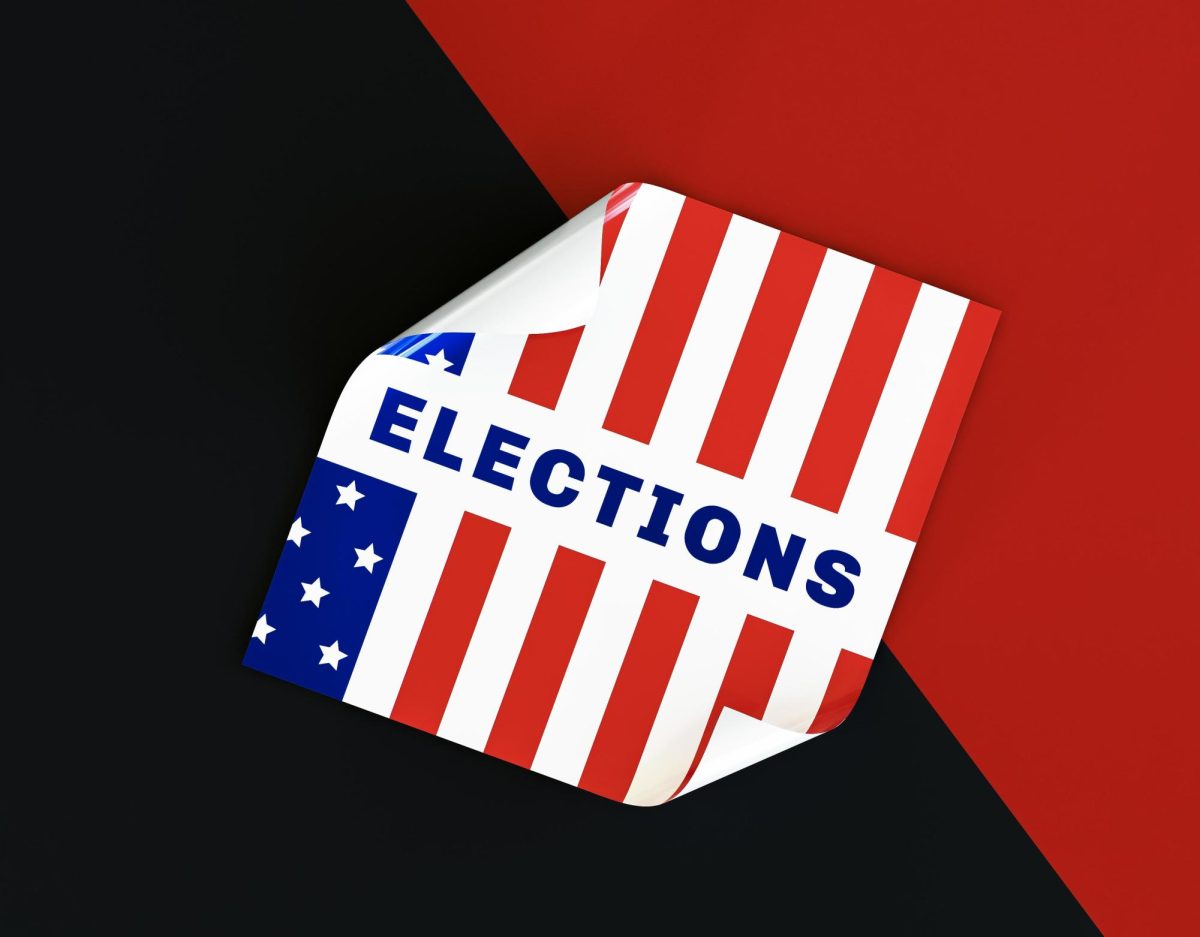On election night, 2020, former President Donald Trump went on air to face a weary nation. At 2 a.m., Trump left his watch party and shocked the press by suddenly declaring “we were getting ready to win this election, frankly, we did win this election.” It was the catalyst for a chaotic post-election season, punctuated by false and scatter-shot claims of election fraud and culminating in a violent assault on the U. S. Capitol on Jan. 6, 2021. Throughout 62 court cases and numerous televised appearances, Trump and his legal team failed to develop a convincing argument for widespread, outcome-determinative fraud.
Colin Swearingen, who holds a doctorate of political science and is a professor in John Carroll University’s Department of Political Science, differentiated between individual cases of voter fraud, which were present in the 2020 election and election fraud, which was not. Swearingen said “voter fraud is when an individual violates election law, whereas election fraud means the outcome of the election was fraudulent.” With regard to Trump’s claims, Swearingen said there was “very little credibility.”
Still, the chaos of 2020’s post-election season has left a searing memory in the minds of many voters, whether they believed in Trump’s claims of fraud or were alarmed by how close Trump came to successfully adjudicating them. One-third of adults in the U.S. still believe President Biden’s election was illegitimate, according to a joint poll performed by The Associated Press and USAFacts. Going into 2024, two-thirds of Republicans consider the Trump campaign a more trustworthy source of election results than state officials. Meanwhile, some Democrats have expressed increasing concern about American democratic security, often branding Trump as putting “democracy under threat.”
Regardless of the reality of election fraud, it is clear its continued discussion is only diminishing American’s faith in governmental systems. Savanna Kerr ’27, a Democracy Fellow at John Carroll University, said “people don’t necessarily trust our government… so to have a secure voting system is very important to how people feel.”
While Americans express these concerns, the belief that elections are illegitimate is not having the observable impact one might expect. While youth voter registration has decreased slightly since 2020, voter registration levels are ultimately not representative of a disenfranchised electorate. Despite their fears, Americans still believe it is worth it to vote. Kerr said, “I don’t think we’re really going to see much of this mistrust until we find out who the winner is.”
Post-election challenges are nothing new. But 2020 saw a post-election season of unparalleled chaos, division and, eventually, violence. Some now fear that the days of non-controversial election calls are over. Both Trump and Vice President Harris have already begun preparations for what will likely become a second battle for president of the United States, fought in the courts. All the while, a fundamental question hangs over Americans’ heads: will 2024’s election cycle cool tempers or will it be a repeat of 2020? Kerr said “You never know. This election cycle has been very unpredictable. Everything about it is unpredictable.”
On the local level, officials have worked to quell the fears of voters, making it so legitimate fraud will not occur, and false claims will not be taken seriously. In Ohio, tighter restrictions have been passed on which forms of I.D. are acceptable and when mail-in-ballots can be sent. Similar laws have been passed in other states, including swing states like Arizona and Pennsylvania. Bobby Gerome, ‘27 the former President of the College Republicans, wants these reforms nationalized. Gerome said “I think the solution to this is for everyone that votes to be required to show a valid I.D and prove they are who they say they are.”
Chase Tuller ’27, Vice President of the College Democrats, said “I’m fully confident that the election results will accurately reflect the true vote… the widespread fraud that some claim to exist is virtually impossible.”
Regardless, large swaths of Americans disagree as the shadow of the 2020 election still looms large in 2024. On November 5th, millions of Americans will cast their ballots, whether they believe it will make a difference or not.


